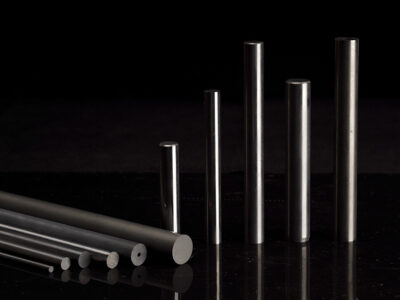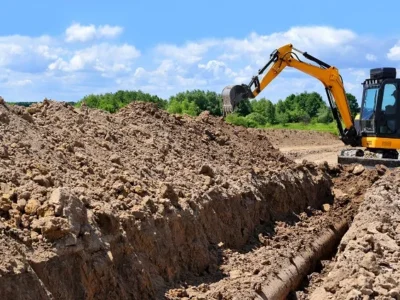Industrial heating technology has advanced significantly over the past few years. With increasing demands for efficiency, precision, and sustainability, these innovations have transformed how industries approach their heating needs. In this article, we explore four groundbreaking innovations that are shaping the future of industrial heating solutions.
Advanced Heat Recovery Systems
Heat recovery systems have been revolutionised to significantly enhance energy efficiency in industrial processes. These systems capture waste heat from industrial operations and repurpose it, thereby reducing overall energy consumption. Modern heat recovery systems are more efficient and versatile, capable of operating in various industrial environments.
One key innovation in this area is the development of compact heat exchangers that can be easily integrated into existing systems. These exchangers are designed to operate at higher efficiencies, maximising the amount of heat recovered. As a result, industries can reduce their reliance on primary energy sources, leading to both cost savings and environmental benefits.
High-Precision Industrial Ovens
The advent of high-precision industrial ovens has transformed many manufacturing processes. These ovens are designed to provide consistent, uniform heating, which is crucial for processes that require exact temperature control. The incorporation of advanced sensors and control systems allows for real-time monitoring and adjustments, ensuring optimal performance.
Industrial ovens are now equipped with features such as programmable logic controllers (PLCs) and human-machine interfaces (HMIs), which enable operators to fine-tune the heating process with great accuracy. Industrial ovens are now essential in various industries, including automotive, aerospace, and food processing, where precise thermal processing is critical for quality and safety.
Energy-Efficient Infrared Heaters
Infrared heating technology has seen remarkable advancements, making it a highly efficient option for industrial applications. Infrared heaters operate by emitting infrared radiation, which is absorbed directly by objects and materials, rather than heating the surrounding air. This direct transfer of heat results in faster and more efficient heating.

Modern infrared heaters are designed to be highly energy-efficient, with adjustable wavelength settings that can be tailored to specific materials and processes. This flexibility allows for improved control over the heating process, reducing energy wastage and enhancing overall productivity. The use of infrared heaters is particularly beneficial in processes such as drying, curing, and forming, where rapid and uniform heating is required.
Smart Heating Solutions
The integration of smart technology into industrial heating systems has opened up new possibilities for efficiency and control. Smart heating solutions utilise advanced sensors, data analytics, and automation to optimise heating processes. These systems can monitor various parameters in real-time, such as temperature, humidity, and energy consumption, and make automatic adjustments to maintain optimal conditions.
One of the most significant benefits of smart heating solutions is their ability to predict and prevent issues before they occur. By analysing historical data and recognising patterns, these systems can identify potential problems and take corrective actions proactively. This predictive maintenance capability reduces downtime and extends the lifespan of heating equipment, leading to increased reliability and cost savings.
Smart heating solutions often come with remote monitoring and control features, allowing operators to manage and adjust the systems from anywhere. This level of control ensures that the heating processes remain efficient and consistent, even in complex industrial environments.
Conclusion
The landscape of industrial heating is continuously evolving, driven by the need for greater efficiency, precision, and sustainability. Advanced heat recovery systems, high-precision industrial ovens, energy-efficient infrared heaters, and smart heating solutions are at the forefront of this transformation. These innovations not only enhance the performance of industrial heating systems but also contribute to significant cost savings and environmental benefits. As industries continue to adopt and integrate these technologies, the future of industrial heating looks promising and exciting.













Comments